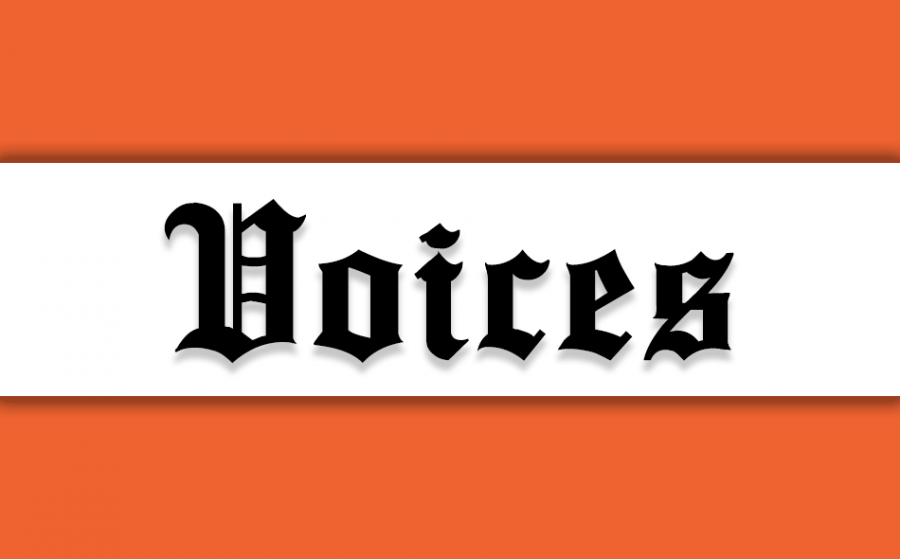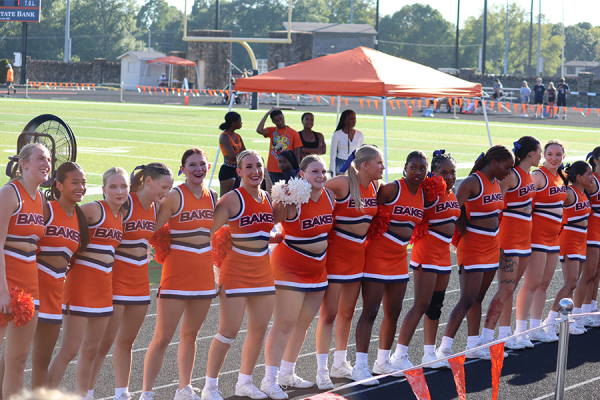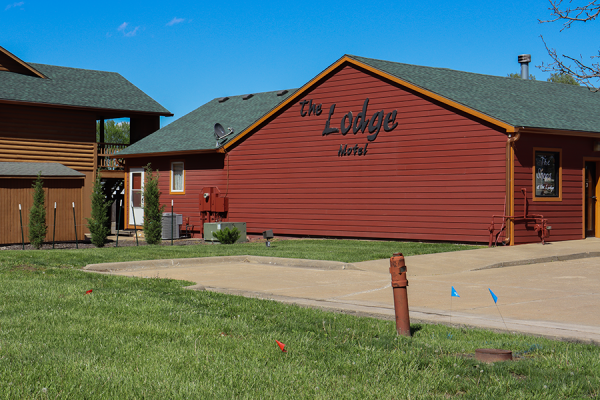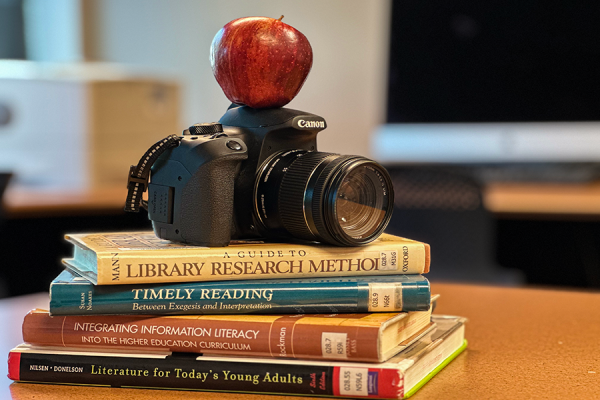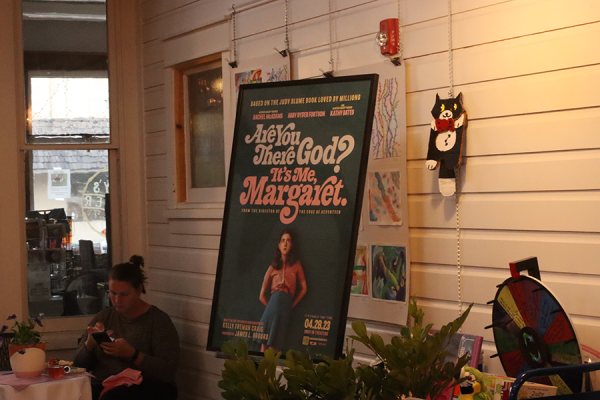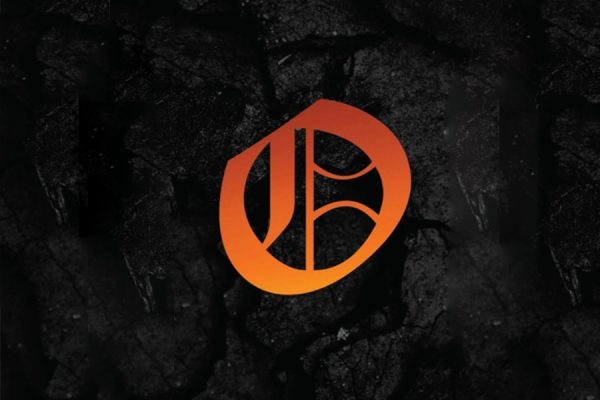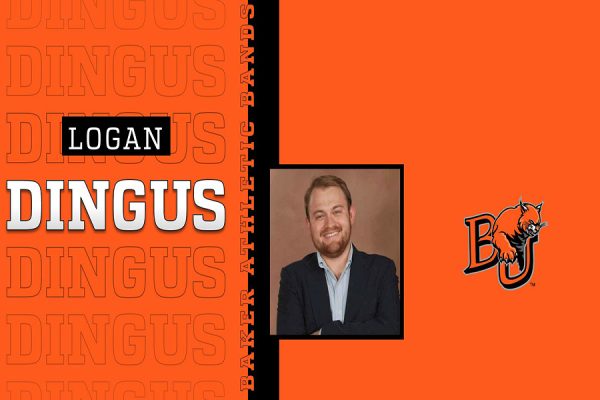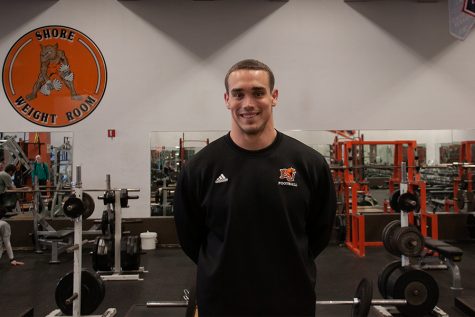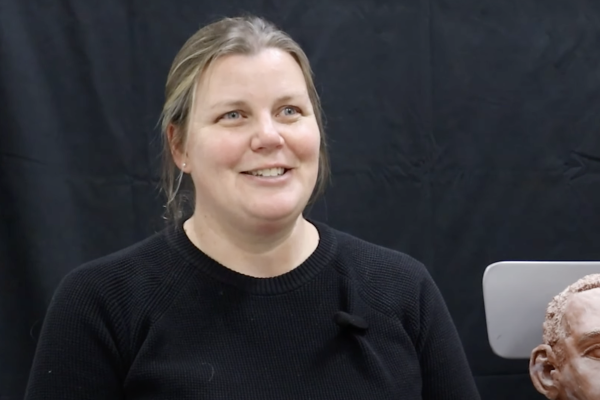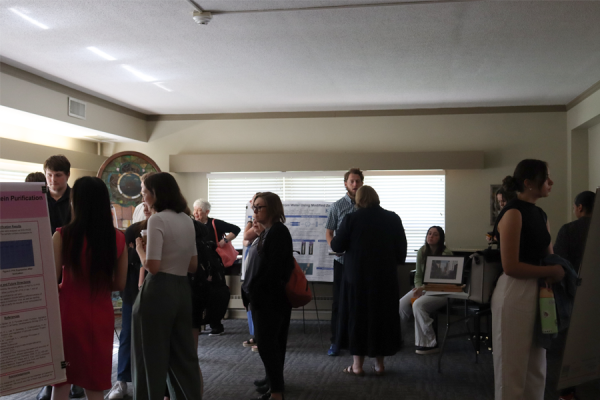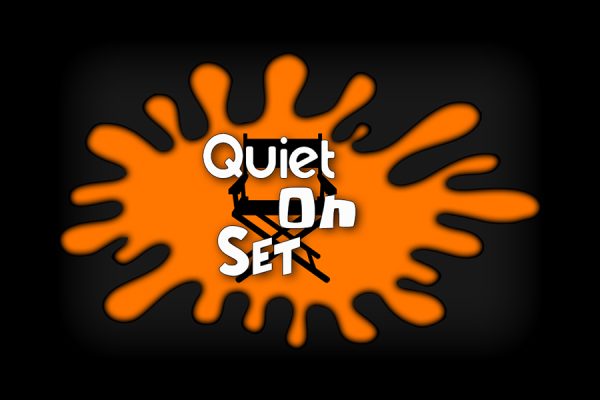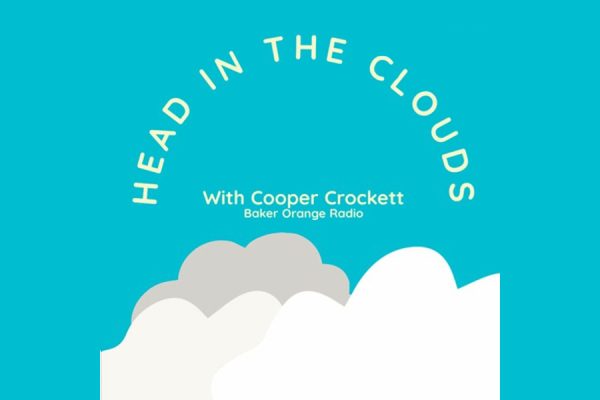Adjustment to Baker’s testing policy
I vividly remember the first test I took my freshman year at St. Olaf College. Before class began, my peers and I were buzzing with nervous energy, spewing chemistry facts at each other as if we would forget in a matter of minutes. When the professor arrived, we were told to put all electronic devices into our backpacks and to place them against the wall. After she passed out the test, the professor told us to flip to the last page where it stated:
“I pledge my honor that on this examination I have neither given nor received assistance not explicitly approved by the professor and that I have seen no dishonest work.” Underneath this statement was a line for our signature. Below the line was a small check-box, and the sentence beside it read, “I have intentionally not signed the pledge.”
The professor reminded us to sign the pledge before turning in our test, otherwise it would be assumed that we knew of academic misconduct and would be required to meet with the Honor Council, a group of students and faculty that uphold the college’s honor code. With that, the professor wished us luck and left the room.
Every exam, midterm, and final I took at St. Olaf followed the same expectations. We were left unattended with no TA, proctor or video surveillance as a substitute. By signing the pledge, we kept each other in check, and the ominous idea of discussing consequences with the elite Honor Council was enough to prevent academic dishonesty as far as I knew.
The transition from St. Olaf’s testing environment to Baker’s was a bit jarring. It felt like I was suddenly thrust back into high school, where teachers stared down students during exams, alert for suspicious behavior.
In one of my classes, the professor would not permit any student to have a water bottle within reach during exams, as well as ordered students to take their hats off or remove their car keys from their desk. These requests made me wonder what experiences these professors had administering tests and if previous Baker students were truly that creative when it came to cheating.
In a different class, I was asked to zip up my backpack beside me, as if I would be so bold to pull notes from my bag while the professor sat at the front, two feet away from my front-row desk. The most shocking testing experience I encountered was when a professor barked at a student in the middle of an exam for gazing off into the distance. The professor’s comments suggested that the student was engaging in dishonest behavior, disrupting everyone taking the test and creating a tense atmosphere.
Baker does have an Academic Integrity Policy that is found in the student handbook and is taught to freshmen in the BK 100 course. Although students are educated on the policy and are expected to do the right thing, Baker has never had unproctored exams. According to Dean of the College of Arts and Sciences Darcy Russell, there have been too many incidents to allow such freedom in testing to occur. Russell used to teach at Washington and Lee University in Lexington, Virginia, where an honor code similar to St. Olaf’s is in place.
“It was so nice to be somewhere where I didn’t feel like a policeman, I felt just like a professor,” Russell said.
Unfortunately, Baker students have not shown an inclination for holding each other accountable, she said, and until students are willing to report dishonest practices, we will continue to be treated as high school students with professors acting as watchdogs.
It is harder to establish a culture of honesty than it is to maintain one. Each year, Baker falls further behind the schools with more progressive testing policies in place.
The question is, when will we finally establish our own culture of integrity? When will we grow up and revoke the negative connotation of “snitching?” When will we, as students, take action so that we can experience what it is like to be a trusted, mature college student?
Most students are not as indignant as I am about testing policies and honor codes. They probably do not believe there is any issue to begin with, because they have never known any different. For their entire academic career, teachers and professors have acted like watchdogs, and therefore have never experienced genuine trust. So, they do not know what it feels like to have that trust ripped away when they never did anything wrong.

Isabel Ashley is a junior from Topeka, Kansas. She is studying Mass Media and is the news intern for Kansas Public Radio. Her interests include fashion,...


